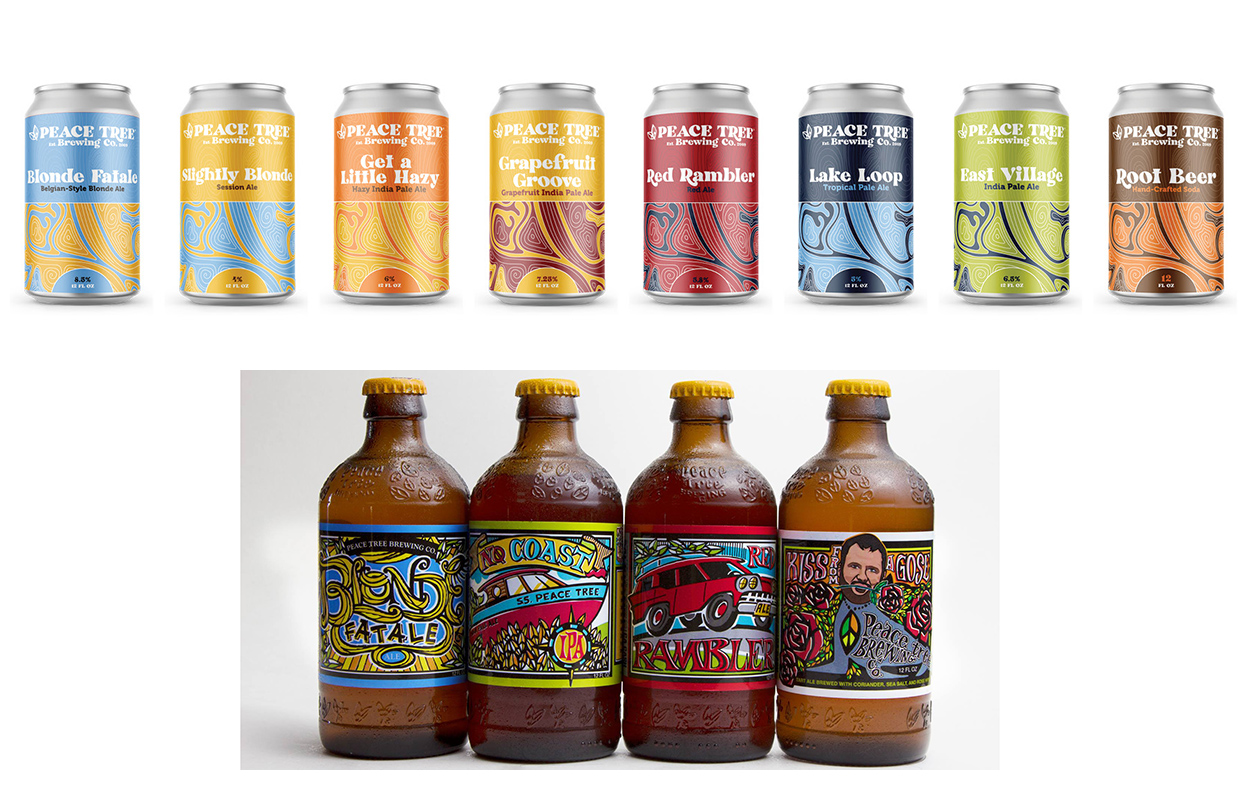
Keeping Boomtown’s management team intact from the start has been key to not having to create a lot of departments. But Samuel Chawinga knows it’s coming.
“As we have grown, all the brewing management team has taken some steps off the production floor and more into the office,” he told Brewer recently for a story about moving from the brew deck into a more managerial role.
At some point, most breweries that start with a bootstrap crew eventually find footing by growing into new roles to help build the brand.
READ MORE: The Tools Needed When Moving into Management
“Being a leader comes naturally to me, and managing is leading,” Chawinga said. “Leading by example has worked with me as a team member and that is why this is also my method as a manager.”
The amount of time spent with documentation and the laws around labor has been the biggest learning curve, he said when it came to the ups and downs of management.
“Through seminars and guild resources we have all been taking on the duties of the different departments we need,” he said. “This has worked for now, but keeping that team intact is the key and the weakness of this approach. We are at that tipping point now.”
Jim Birch has been COO of Olde Mecklenburg Brewery for just over two years now and he has seen his role evolving over time.
“As we are preparing to grow both financially and in our personnel, I think that I have shifted into more strategy with some day-to-day operations,” he said. “Whereas, when I first started, it was very hands-on trying to get to understand the OMB processes and the people.
“There’s a good deal of trust that I put in our leadership team and with a growing company, we have to rely upon everyone kind of being able to get their marching orders, execute and reach out if they need help, and I think we’re doing a pretty good job at it.”
Birch’s favorite part of his role is anything related to when employees feel really satisfied with what they’re doing.
“On the sales side, it’s when our sales team comes in and describes getting a new tap handle or winning a new placement in a grocery store,” he said. “That gets me fired up because I know they’re happy.
“On the production side, when we have a new beer come out, and they are happy about what they’ve done and really proud of their achievement. All that stuff, I just find so satisfying, because we’re making a product that is supposed to be enjoyed amongst people.”
When there are times when things just don’t seem to be going all that well, Birch said they lean on the EOS (Entrepreneurial Operating System) to get through it.
“I think we’re in a good place right now,” he said. “Everyone’s really excited about opening our Ballantyne location.
“The craft industry, I think, is having a challenging year, and we are doing better than most and I don’t want to sound cocky about that. But I feel like we’re well positioned to withstand whatever kind of weakness comes.”
For any new manager stepping into a role, Chawinga said to get to know your new team, how they have been working, and what processes are in place before jumping into new protocols.
“Once you are familiar with how things are, meet with the team to get their input on any changes that you are thinking of putting in place,” he said. “Change is never easy, but it is easier if everyone has a part in creating the new changes.
“No one likes to have the goalposts changed on them and having it seem arbitrary.”






Be the first to comment